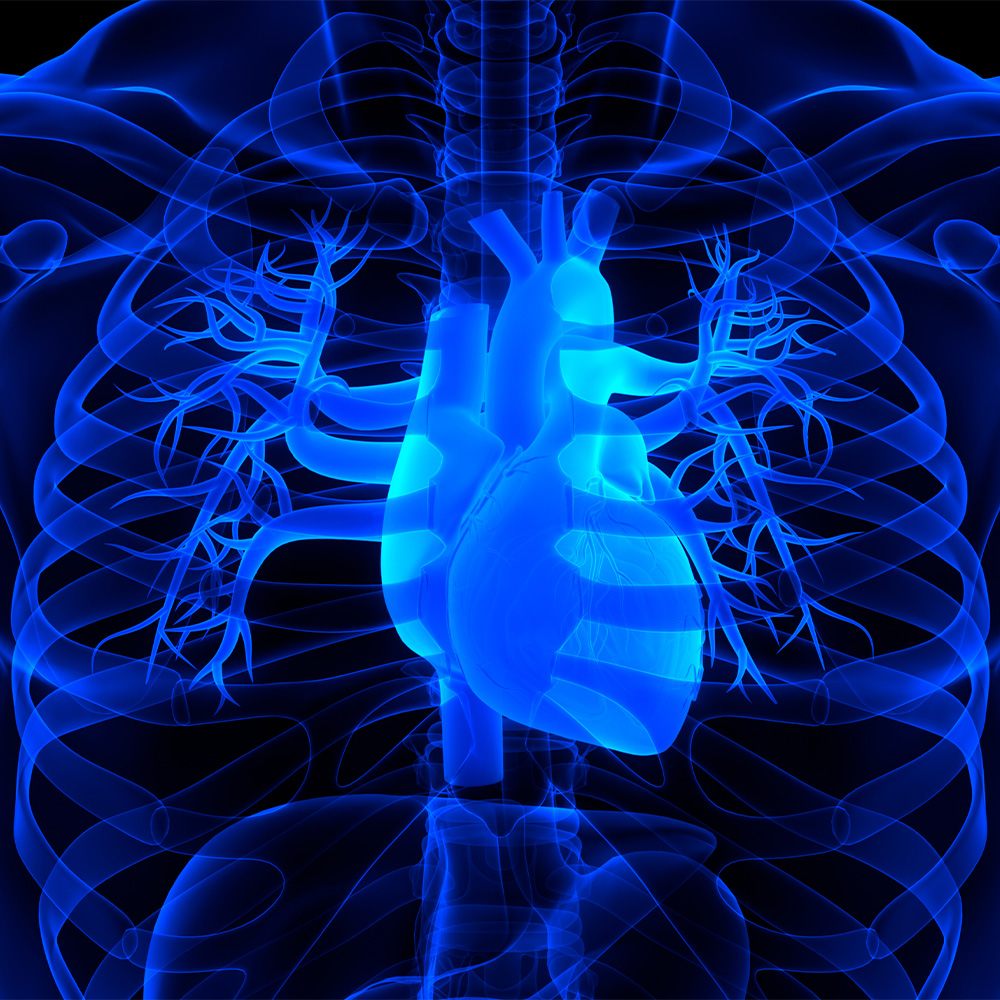Research Highlight: Targeting molecules that replenish brain cells
DALLAS – November 2016 – Researchers at the Peter O’Donnell Jr. Brain Institute have identified a set of molecules that can be manipulated to promote the regeneration of neural stem cells crucial for learning and memory. This reservoir of stem cells has the ability to generate mature nerve cells and is depleted with age or in diseases such as Alzheimer’s. Here’s a look at the study published in Nature Communications:
Q. What did the research team find?
A. Although most cells in the adult brains of mammals are mature and do not divide, cell growth continues to occur from a reservoir of neural stem cells in an area of the hippocampus called the dentate gyrus. This region, believed to participate in memory formation, sees its reservoir deplete with age or in neurodegenerative disease. The team identified a molecule -- a transcription factor called REST that controls gene expression – which prevents depletion of newborn neurons from the reservoir. The study shows that REST directly controls the expression of growth genes, including ribosomal proteins, which are required for protein synthesis. When ribosomal proteins are repressed by REST, this action keeps neural stem cells in a non-dividing or “hibernation” state, which preserves the neural stem cell pool.
Q. What is the significance of the study?
A. By understanding how REST and its target genes maintain the neural stem cell pool, it may be possible to expand the ability of these stem cells to divide and continue to generate newborn neurons, especially during aging or after traumatic brain injury.
Q. What prior research do these latest findings build upon?
A. Most earlier studies concluded that REST is a repressor of neuronal gene expression involved in preventing premature differentiation of neurons, but they did not address the possibility that REST controls genes affecting division of neural stem cells.
Q. What cautions should be considered in interpreting the results?
A. While further studies are ongoing to validate the importance of REST target genes by overexpressing them in the dentate gyrus of mice and preliminary experiments suggest that doing so increases neurogenesis, it is not yet clear whether these newborn neurons are functionally normal. The effects of manipulating REST target genes on learning and memory also remain to be addressed.
Q. How was the study conducted?
A. Next-generation sequencing technology was combined with bioinformatic analyses to identify the REST-dependent gene network responsible for maintaining neural stem cells.
Q. What is the next step in furthering these findings?
A. One of the major goals is to translate these pre-clinical studies to human patients. But because neurogenesis in the brains of mice and humans may be quite different, initial studies along these lines will involve experiments with human brain cells in an effort to understand relevant gene regulatory mechanisms.
Q. Who was involved in the study?
A. The study was supervised by Dr. Jenny Hsieh, Associate Professor of Molecular Biology who works in the Hamon Center for Regenerative Science and Medicine at UT Southwestern Medical Center. Other Molecular Biology researchers from the Hamon Center included Shradha Mukherjee, Postdoctoral Fellow; Rebecca Brulet, Graduate Student; and Ling Zhang, Senior Research Associate. The study was funded by grants from the National Institutes of Health, American Heart Association, Department of Defense, and the Texas Institute for Brain Injury and Repair.
About UT Southwestern Medical Center
UT Southwestern, one of the premier academic medical centers in the nation, integrates pioneering biomedical research with exceptional clinical care and education. The institution’s faculty includes many distinguished members, including six who have been awarded Nobel Prizes since 1985. The faculty of almost 2,800 is responsible for groundbreaking medical advances and is committed to translating science-driven research quickly to new clinical treatments. UT Southwestern physicians provide medical care in about 80 specialties to more than 100,000 hospitalized patients and oversee approximately 2.2 million outpatient visits a year.




